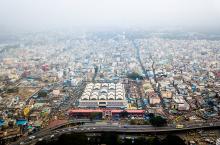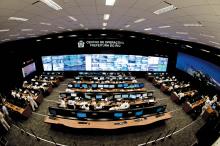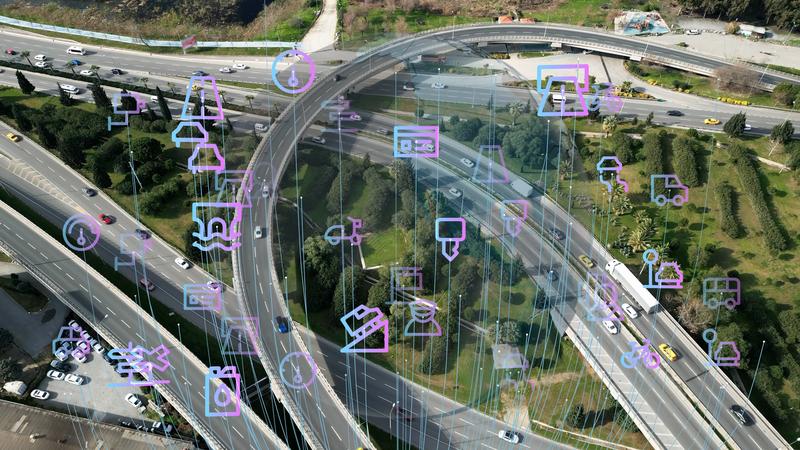Argentina, which ranks poorly in transport infrastructure, according to the World Economic forum, has created a national transport institute (IAT) to develop a 50-year transport development strategy, as the country invests to revamp its railway network in an effort to overcome severe infrastructure deficits in the sector.
Interior and transport minister Florencio Randazzo said that the newly created agency's mission is to establish long-term development plans and initiatives, and propose policies and reg
Argentina, which ranks poorly in transport infrastructure, according to the World Economic forum, has created a national transport institute (IAT) to develop a 50-year transport development strategy, as the country invests to revamp its railway network in an effort to overcome severe infrastructure deficits in the sector.
Interior and transport minister Florencio Randazzo said that the newly created agency's mission is to establish long-term development plans and initiatives, and propose policies and regulations.
Its executive committee, led by the transport minister, will be integrated with representatives from the country's various provinces, municipalities, unions and non-governmental organisations, as well as businessmen and transport users.
The growing demand for mobility in Argentina requires an efficient and well-integrated and nationwide railway system, Randazzo said in a statement.
Argentina began to revamp its railway service last year after a series of deadly accidents. The government has nationalised cargo and passenger lines and has invested nearly US$5 billion to upgrade cars, tracks, and stations.
Argentines have blamed the government for lack of investment in the railway system and the poor service that several private concession holders reportedly provide.
Interior and transport minister Florencio Randazzo said that the newly created agency's mission is to establish long-term development plans and initiatives, and propose policies and regulations.
Its executive committee, led by the transport minister, will be integrated with representatives from the country's various provinces, municipalities, unions and non-governmental organisations, as well as businessmen and transport users.
The growing demand for mobility in Argentina requires an efficient and well-integrated and nationwide railway system, Randazzo said in a statement.
Argentina began to revamp its railway service last year after a series of deadly accidents. The government has nationalised cargo and passenger lines and has invested nearly US$5 billion to upgrade cars, tracks, and stations.
Argentines have blamed the government for lack of investment in the railway system and the poor service that several private concession holders reportedly provide.













